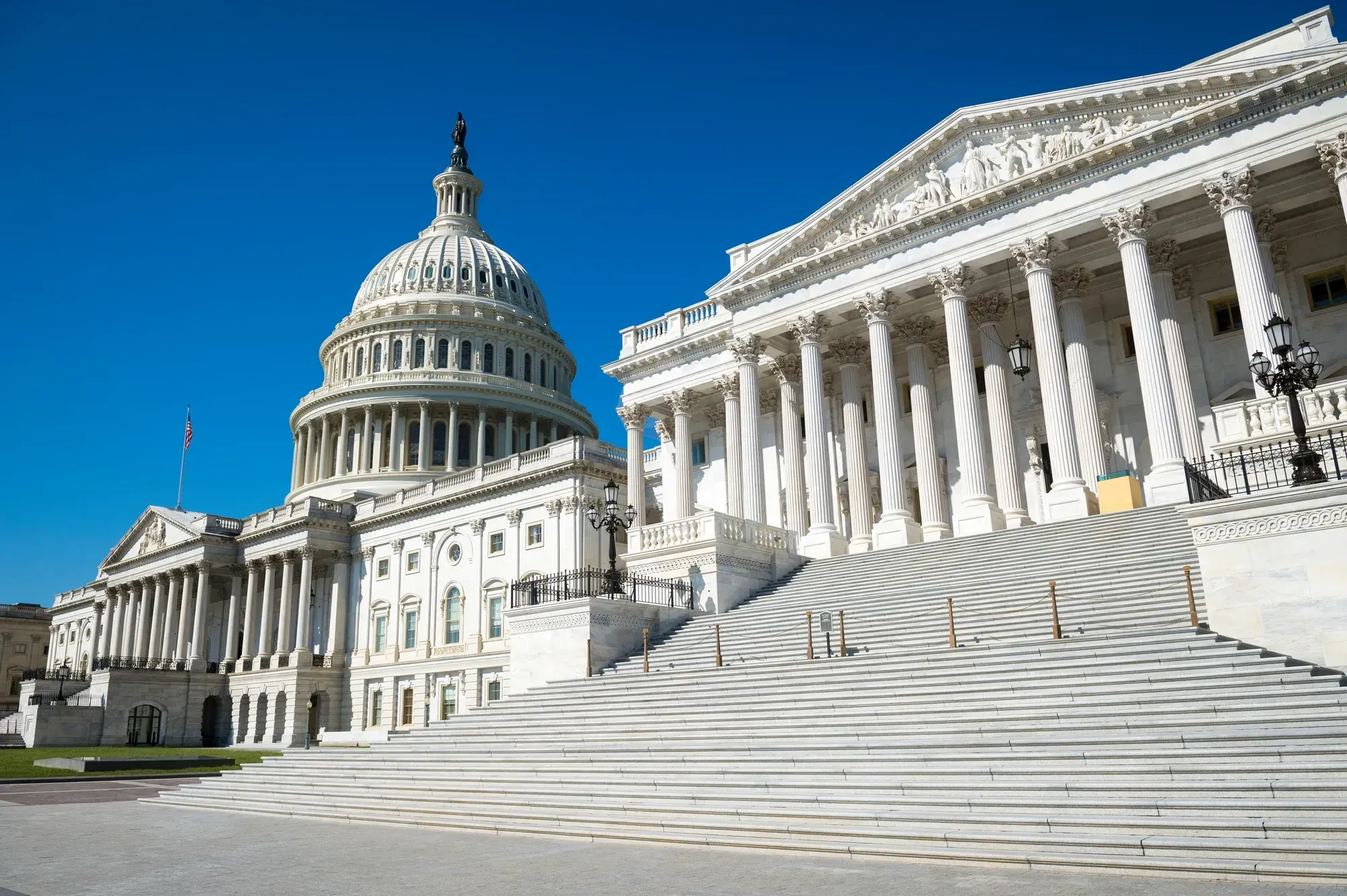
WGVU Public Media and Federal Funding. What you need to know.
Why does WGVU (and any public media station) need federal funding?
Federal funding, which amounts to about $1.60 per person annually, makes public media possible. The investment directly supports your local stations and enables them to provide you with essential programs and services.
If federal funding is eliminated, your stations could be forced to cut hallmark educational content, important public safety communications during natural disasters, professional development and resources for teachers, music and cultural programming, unparalleled local news and so much more. Some stations could even be forced off the air.
What is CPB’s role in public broadcasting?
The Corporation for Public Broadcasting is a private, nonprofit corporation authorized by Congress in the Public Broadcasting Act of 1967. CPB’s mission is to ensure access to non-commercial, high quality content and telecommunications services.
CPB’s federal appropriation is modest: roughly one one-hundredth of a percent (0.01%) of the federal budget.
The CPB is distinct from NPR and PBS. CPB does not produce programming or manage stations. As the steward for the federal appropriation for public media, CPB invests taxpayer dollars in a strong public media system, allocating more than 70% of its annual funds directly to locally operated public media stations like WGVU.
How federal support fits into WGVU’s budget
Federal dollars flow to WGVU Public Media through an annual grant from CPB that underpins our local broadcast infrastructure supporting the emergency alert system, children’s educational programming and outreach, and community journalism. This grant accounts for 18% or roughly $1.4 million each year. The remaining 82% of or funding comes from members, foundations, business sponsorships, and other earned revenue.
What would happen if WGVU lost CPB funding?
While WGVU is funded largely through the generous support of our members, the funds we receive through CPB are an important part of our operating budget. Loss of federal funding would hinder our work, especially in serving our neighbors in every corner of our state with journalism and programs that are freely accessible to all. The financial ripple effects from this loss could be significant for public media as a whole, especially for smaller stations who serve more rural communities.
What does WGVU plan to do next?
For over 50 years, WGVU has served our community through turbulent times. This moment presents a challenge—but not a threat to our commitment. We will continue to be a trusted voice, a creative partner, and a public service for everyone in West Michigan.
- Assessment & Planning: We are working with CPB, PBS, NPR, and fellow stations across the country to understand the implications of the latest executive order.
- Advocacy: We are committed to informing Michigan's congressional delegation about how these changes would impact our region.
- Transparency: We will provide timely updates via our website and email as new information emerges.
- Diversification: We are increasing our focus on community philanthropy, member engagement, and digital innovation to ensure essential services continue—no matter what.
What you can do
WGVU Public Media and other organizations across the country are standing together to protect public media to help us continue to serve Americans from all backgrounds. We need your support to help keep Public Media strong in West Michigan and throughout the country. Take a stand for the local stations and programs you love.
- Stay informed. Bookmark this page for running updates and information.
- Join the Action Network. Visit protectmypublicmedia.org/join to learn of all the ways you can protect your local public media stations.
- Speak up. If you value free, public‐service media, contact your representatives or visit Protect My Public Media to share your story.
- Support WGVU. Your donation keeps trusted journalism, PBS KIDS programming, and local storytelling alive in West Michigan.
Thank you for standing with us. We need and appreciate you, always.
Updates
On May 1st 2025, President Trump signed an executive order titled Ending Taxpayer Subsidization of Biased Media. This order instructs the Corporation for Public Broadcasting (CPB) to prohibit both direct and indirect federal funding to National Public Radio (NPR) and the Public Broadcasting Service (PBS). This action raises serious concerns about the future of public media nationwide and in West Michigan.
What the order does—and doesn't—do:
- It targets federal dollars only. Member donations, corporate sponsorships, private gifts, and foundation grants remain the bedrock of WGVU Public Media. You are what keeps us strong.
- It leaves public media's overall congressional appropriation unchanged—for now. However, eliminating funding for PBS and NPR could devastate the local-national partnerships that enable WGVU to bring trusted journalism, PBS Kids programming, and educational resources to our community.
- It does not close stations, but local public media depends on federal Community Service Grants to maintain infrastructure, emergency alert systems, and local news coverage. The financial ripple effects could be severe, especially for stations in rural and underserved areas.